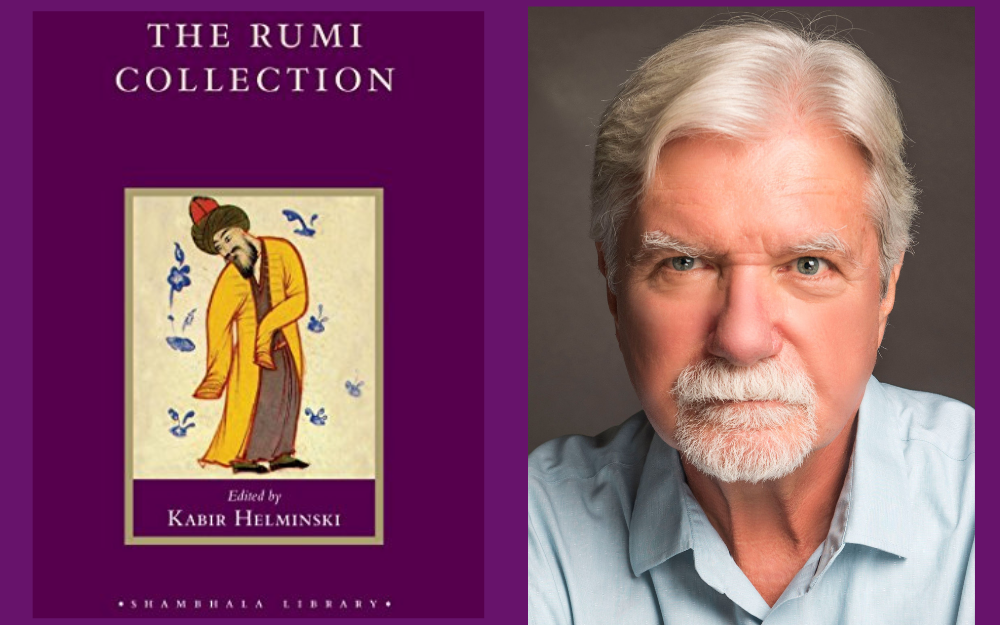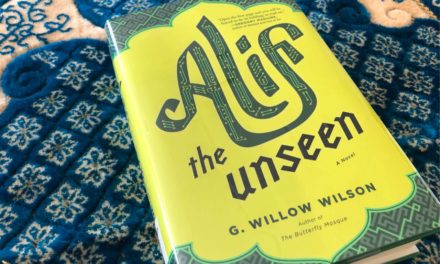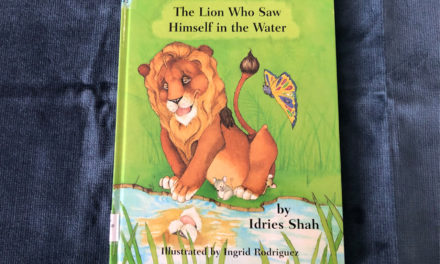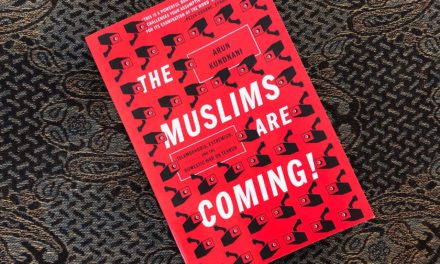Elise Bellin, Librarian of the Islamic Resource Center, wrote this book review as part of an ongoing series that focuses on a range of books within the IRC collection as a service to the community.
Photo ©:
HuffPost
The Rumi Collection edited by Kabir Helminski (1998)
ISBN: 9781590302514
Rumi was a 13th century Persian Muslim poet, jurist, Islamic scholar, theologian, and Sufi mystic. One of the most visible signs of his existence are the followers of the Sufi sect known as the Whirling Dervishes, so-called because of their spinning, trance-like dance. Slightly lesser known outside of poetic, philosophical, or religious circles is that of his poetry. This might be somewhat surprising to some seeing as his poetry has outsold all other poets combined, at least in America over the last couple of decades. Still, that is quite a feat.
What makes his poetry so moving is the wisdom, the call to go beyond “conventional religiosity a limiting belief,” and, as one reviewer put it, “his mystical eroticism, his ecstatic vision, and his enduring belief that human beings are beloved of God.” Actually, that sounds a lot like how one might describe the religious dance of the dervish to me. When I read Rumi, I find a sense of wisdom that is akin to that of the ancient Chinese mystics in wisdom and tone (or at least many of the translations seem to err in that direction), that holds elements of Western philosophers as if they were alchemists’ ingredients, and that has an intrinsic joy about it that is difficult to place into words. There is always an undercurrent of the divine and a lesson to be learned. Now, I have never read Rumi in the original Persian and probably never will, but the translations themselves hold beauty and symmetry that would be difficult to maintain if it were not already there, to begin with.
The Rumi Collection brings together eighteen chapters of Rumi’s prose and poetry as translated from the original Persian, beginning each with passages from Rumi’s own writings explaining a different spiritual gem or another. It puts flesh on the bones of his poetry and feeds the soul of the imagination.
We have all had a difficult year and the joy and faith that we try to hold onto to see us through might seem to be wearing a little thin no matter your religious affiliations or beliefs. We have been dealing with a global crisis, a trial that we must emerge from with new insight. To that end, perhaps reading this collection of Rumi’s poetry will help you find the inner strength to hold onto that joy and grow your faith even stronger.














